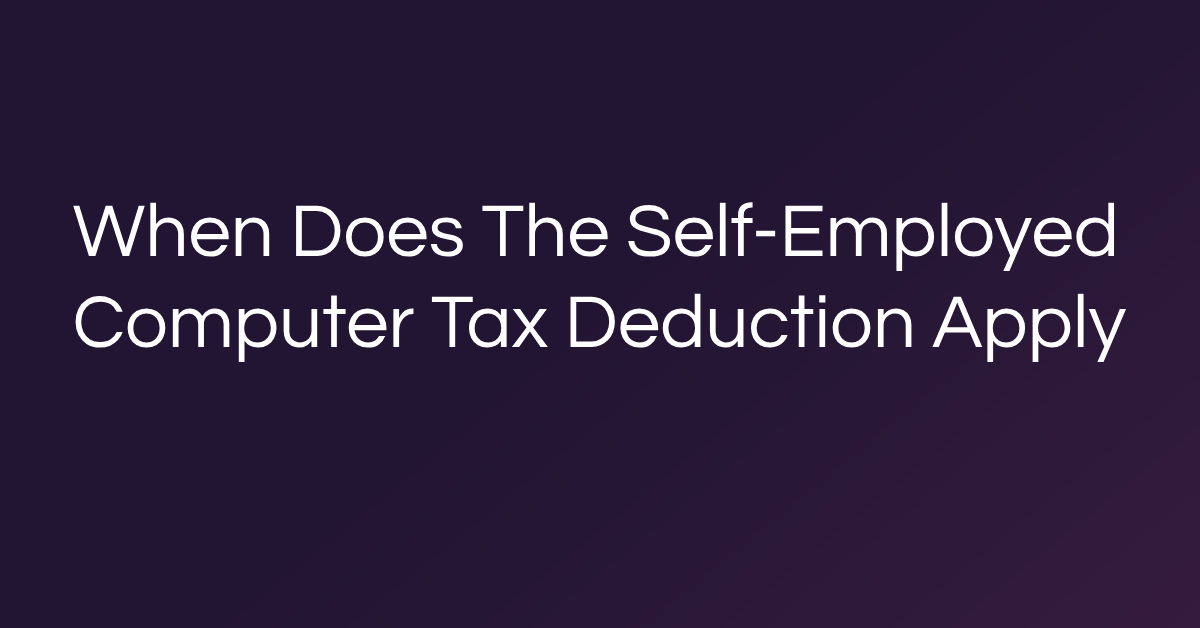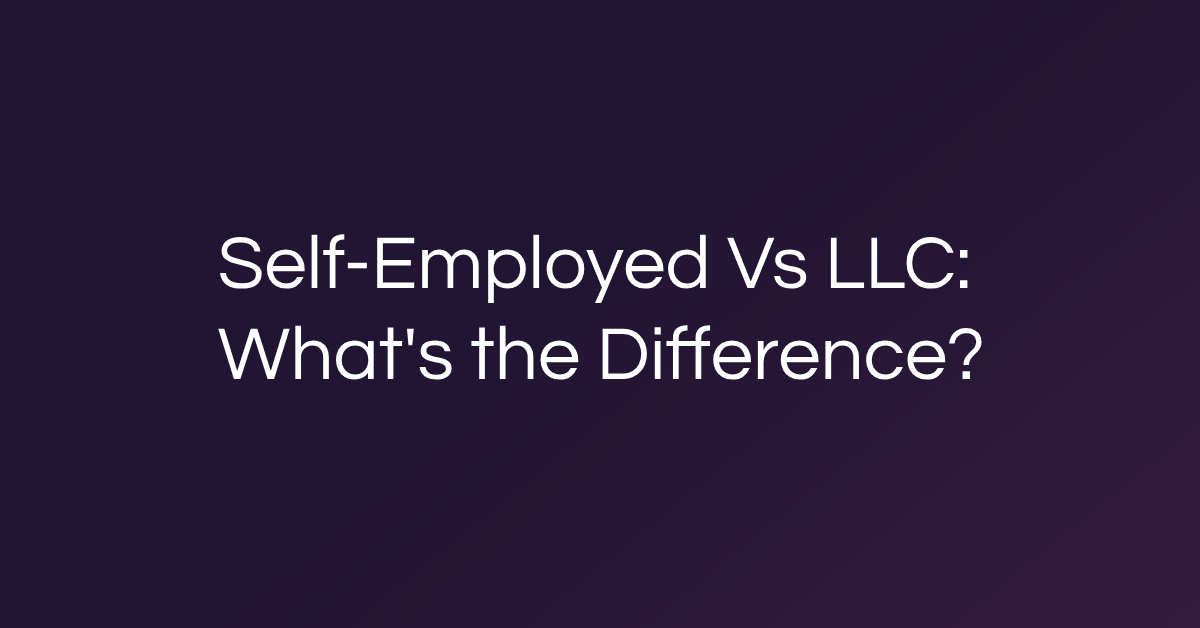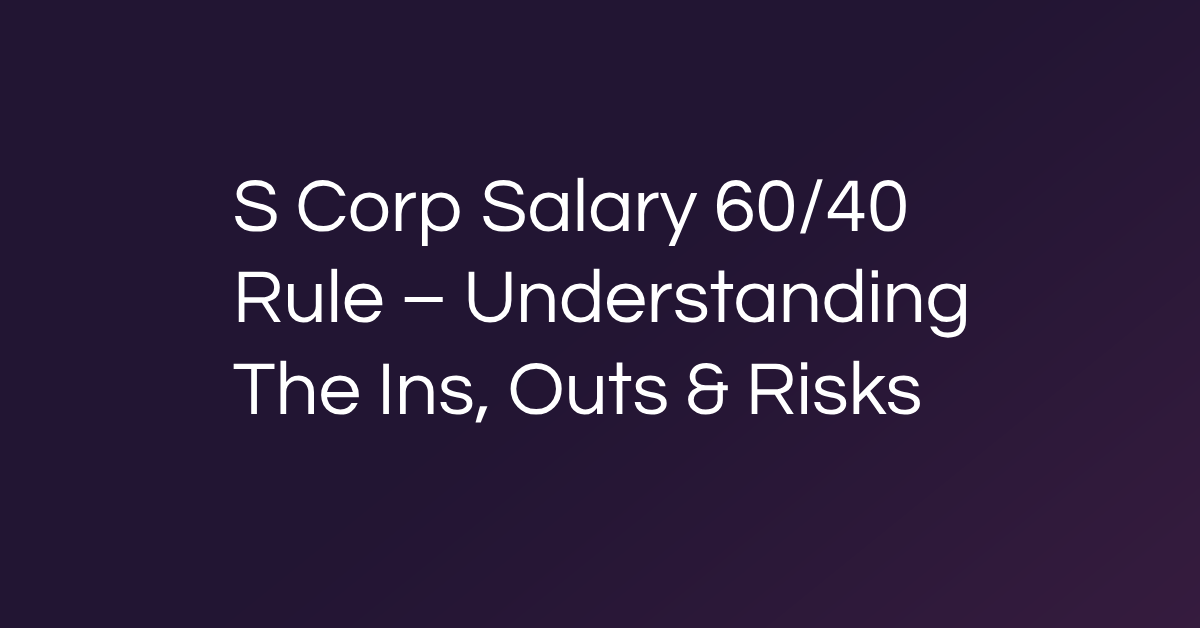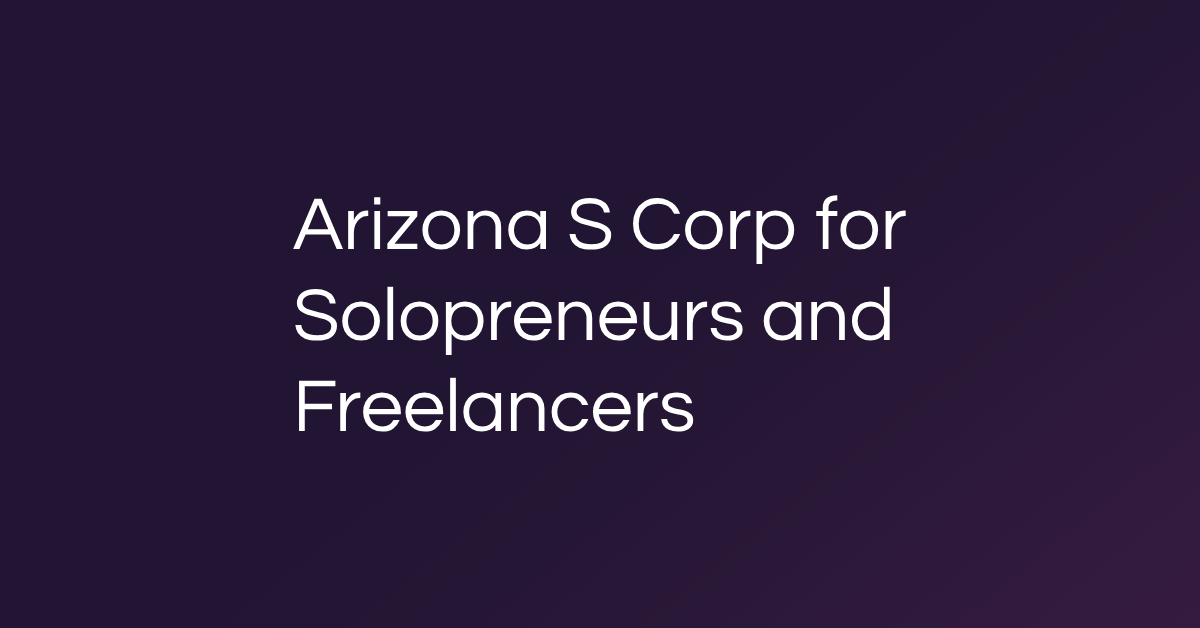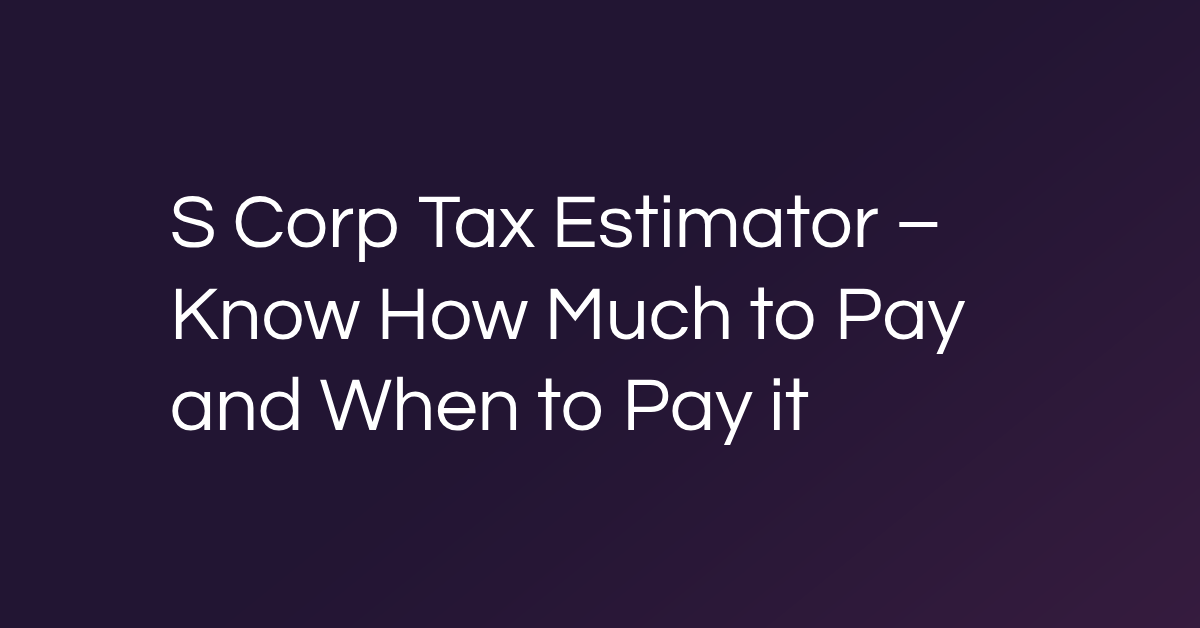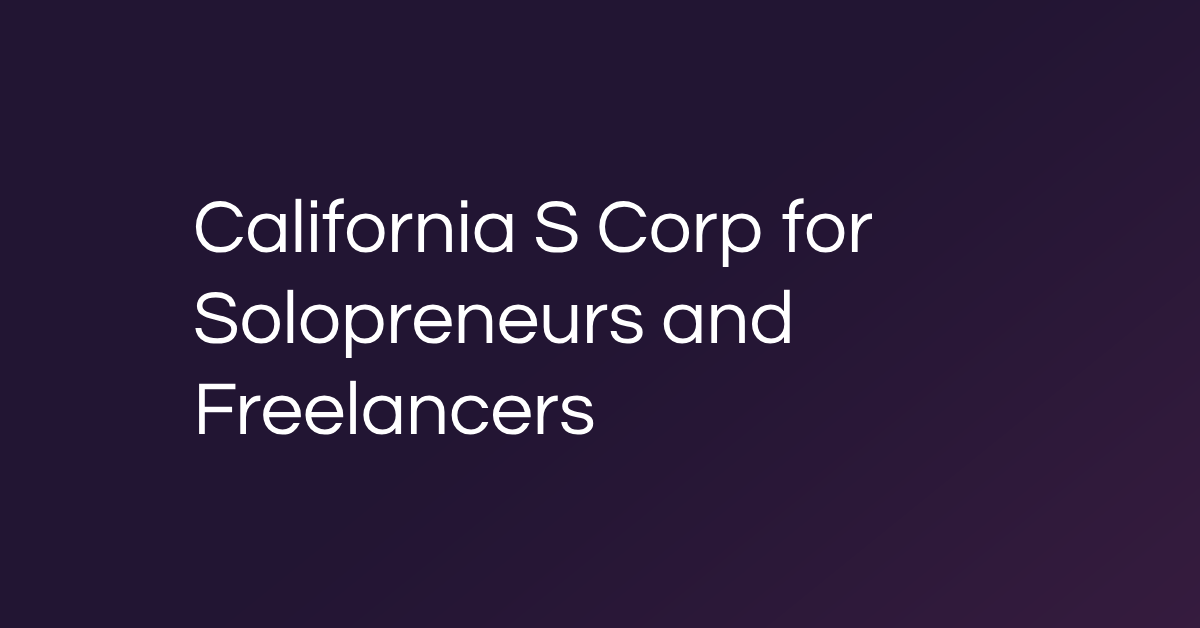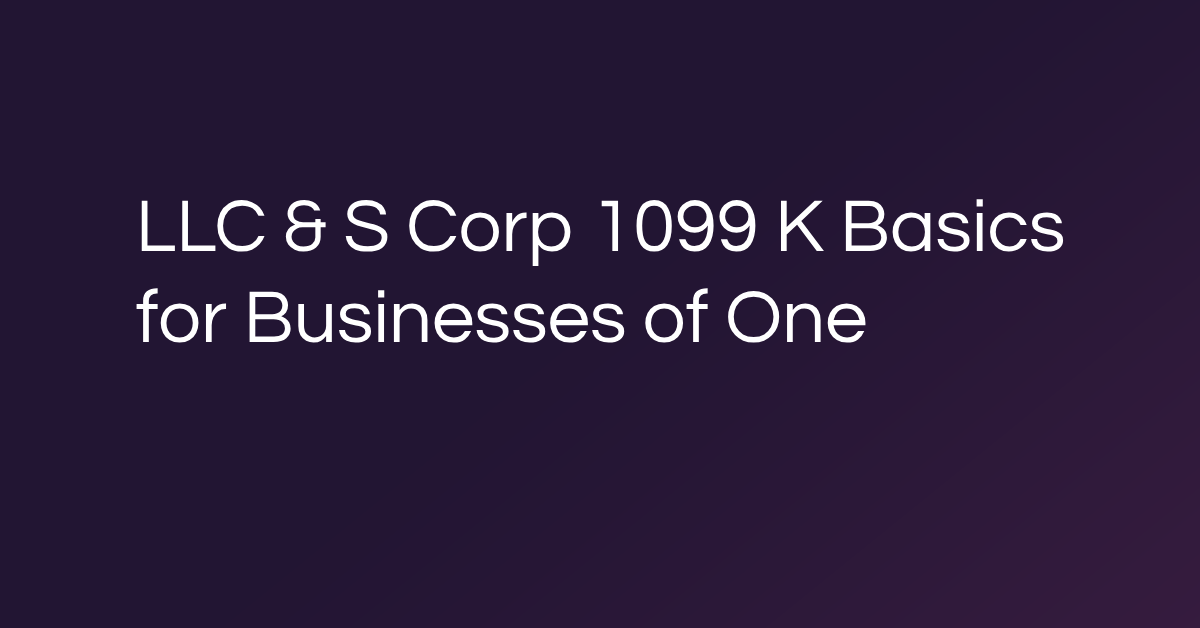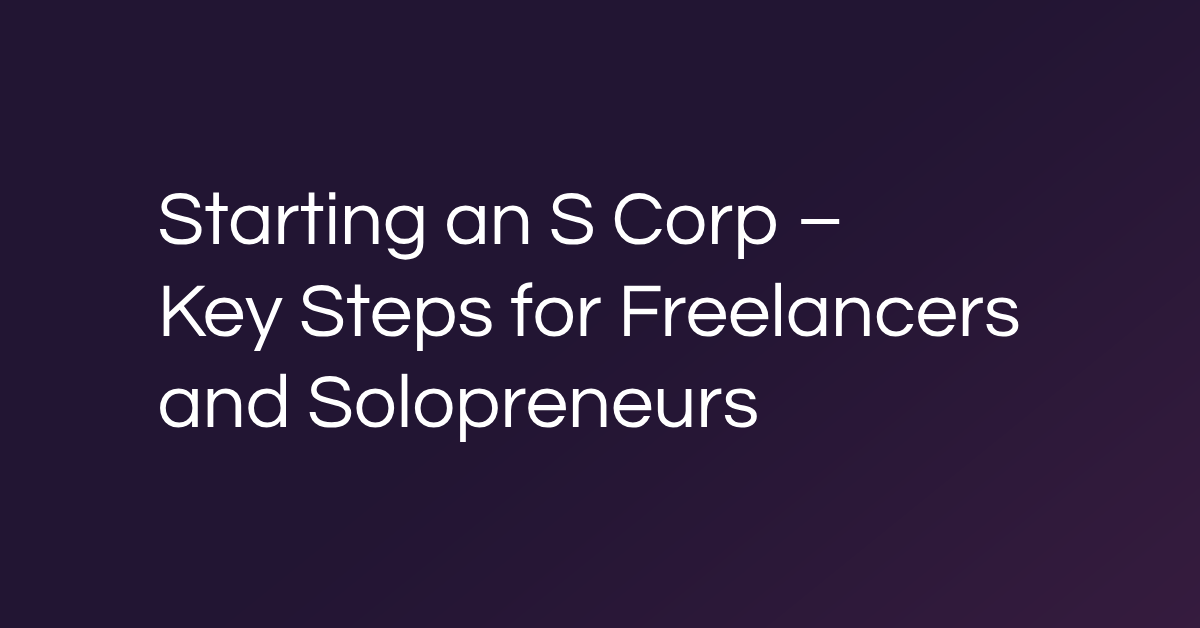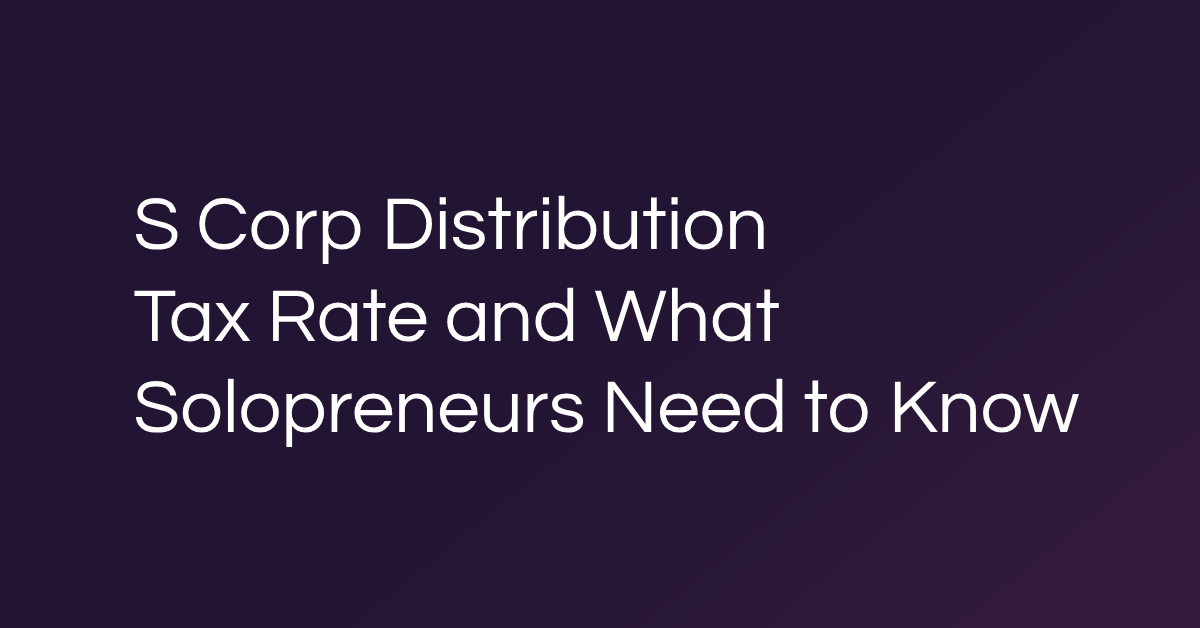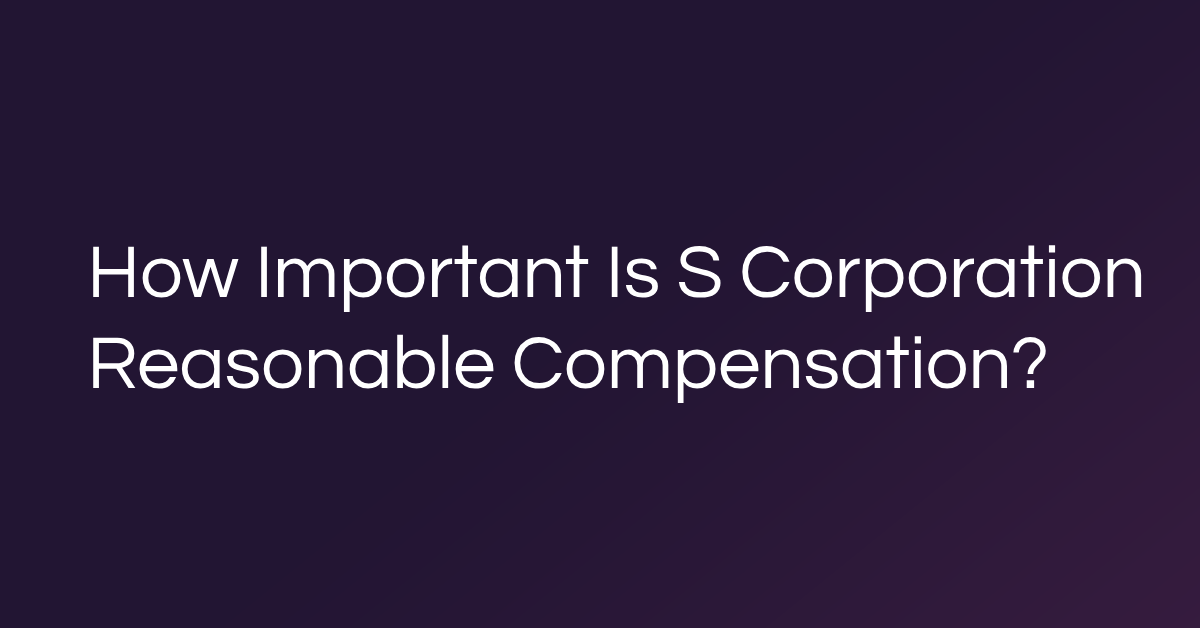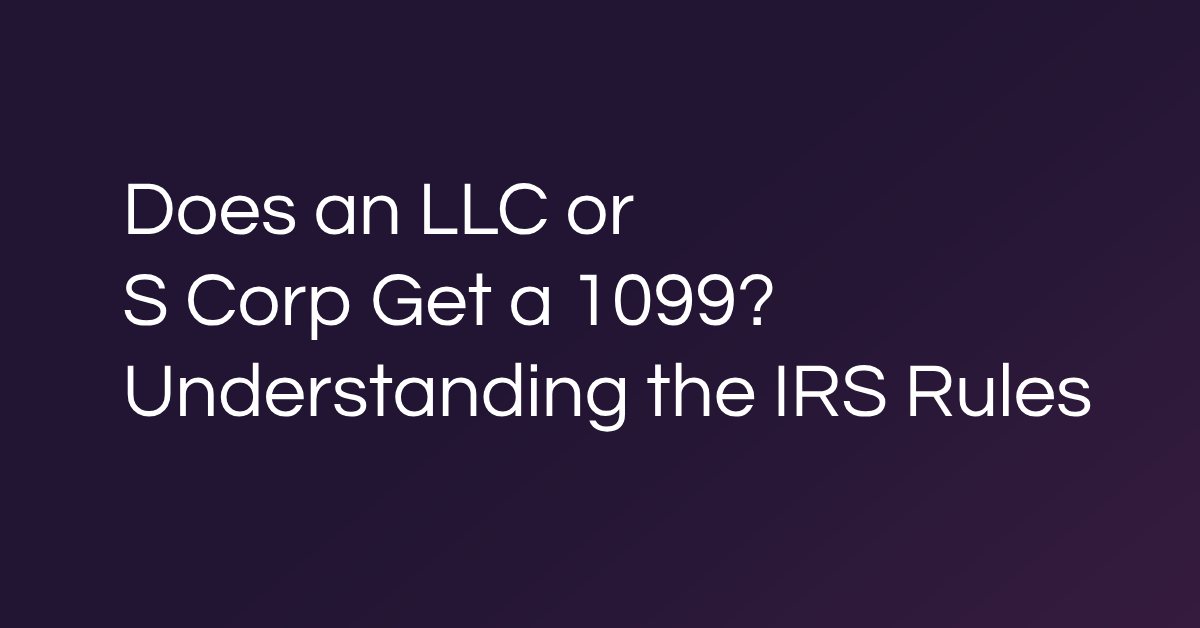Buying a new computer is a big investment, especially if you’re building your freelance business or taking on more consulting projects. The good news: if you use that device for work, you may be able to deduct the cost on your taxes.
The self-employed computer tax deduction helps independent professionals offset essential business expenses and keep more of what they earn. With the proper setup and support from Besolo’s self-employment OS, tracking and applying these deductions becomes part of a more innovative, streamlined tax strategy.
Can you deduct a computer for work?
The IRS allows self-employed individuals to deduct business expenses that are ordinary and necessary, and a computer often fits both criteria. But whether you can deduct the full cost depends on how you use it.
Rules for partial vs full business use
You must use the computer exclusively for work to claim the full deduction. If you also use it for personal use, you’ll need to allocate the deduction based on the percentage of business use.
Examples of business use:
- 100%: The computer is used only for client work, admin, and communication
- 70%: The computer is used occasionally for personal use, but it’s mainly used for work
- Less than 50%: It likely won’t qualify for full deduction
Even if you use the simplified method, always keep notes on how and when you use the computer for business.
When hobby work becomes a business
Occasional side projects don’t always count as a business. Your work must demonstrate a profit motive to deduct a computer. You likely qualify if you charge clients, track income, and treat your work like a real business, even part-time.
Signs that hobby work is considered a business:
- You actively seek paid projects
- You maintain books or a business account
- You aim to earn a profit over time
A legitimate business can deduct qualified expenses, while hobbyists cannot.
How to deduct: expense vs depreciation
When it comes to claiming the self-employed computer tax deduction, the IRS gives you a few options. The right method depends on the cost of the computer and how you use it.
Besolo’s tax tools for solopreneurs help you apply the correct method and avoid costly mistakes.
Standard deduction for full write-off
If your computer qualifies as a typical business expense and costs less than the IRS depreciation threshold, you may be able to deduct the entire amount in the year you bought it. This is the most straightforward approach, especially if your device was:
- Purchased exclusively for work
- Not part of a larger business asset upgrade
- Used primarily in the same tax year
This method is ideal for freelancers who want to maximize current-year deductions without dealing with depreciation schedules.
When Section 179 or bonus depreciation applies
You may be able to take advantage of accelerated deduction options for major purchases. Section 179 allows you to deduct the full cost of larger equipment purchases—up to $1 million per year—if the item is used more than 50% for business. Bonus depreciation is another option that can apply when you exceed Section 179 limits or buy multiple qualifying items. You basically write off the entire cost of the machine the year you bought it versus over time, making for simpler accounting. You can also use year end cash reserves if you had a better than expected year to buy a new machine.
Both are designed to support business growth through investments, especially for solopreneurs making big tech upgrades. A computer purchase is a very common Section 179 write off for solopreneurs & businesses of one.
Quick example with a $2,000 purchase
Let’s say you spend $2,000 on a business laptop:
- If used 100% for business, you could deduct the full amount in the first year under Section 179 — Most common
- If used 70% for business, you’d deduct $1,400
- If you depreciate over five years, you’d claim around $400 the first year, then smaller amounts annually
Use IRS Form 4562 to calculate depreciation or Section 179 deductions when spreading costs over time.
Keeping records for IRS compliance
The self-employed computer tax deduction only works if you back it up with solid documentation. Good records help you stay audit-ready, track your business growth, and simplify year-end tax prep.
Receipts, dates, and use case justification
You should be able to support every computer-related expense with proof of purchase and a clear explanation of how it supports your business.
Here’s what to track:
- Receipts showing the purchase date, vendor, item description, and cost
- Usage notes, such as whether it’s used exclusively or partially for business
- Supporting documents, like a client proposal or project file that shows the computer’s use in your work
Even if you’re not sure a deduction will apply, documenting everything gives you options later. It also demonstrates a pattern of organized, business-minded behavior—something the IRS tends to favor.
Tracking software or cloud docs
Manual recordkeeping gets messy fast. That’s why most solopreneurs use digital tools to store and organize their tax documentation.
Here’s what to look for:
- Cloud-based access so you can upload receipts on the go
- Expense tagging or category filters
- Automatic sync with your business bank account or credit card
Besolo’s admin tools for tracking expenses do all of the above—and more. You can match receipts to deductions, monitor purchase history, and build a clean audit trail inside your self-employment OS.
Additional resources and support
Navigating deductions like the self-employed computer tax deduction can feel overwhelming, especially when tax laws shift or your business is just getting started. While the IRS provides helpful frameworks, most solopreneurs benefit from a clear, consistent system for applying them.
That’s where Besolo comes in. Whether you’re setting up your business, managing expenses, or preparing for tax season, our platform gives you access to tools that simplify recordkeeping, automate categorization, and keep your financials audit-ready.
Explore more insights on self-employment through the Besolo blog and learn how our benefits platform supports your health, retirement, and lifestyle as a business-of-one.
Take control of your deductions with the right tools
If you’ve purchased a computer for your business or plan to do so, understanding when the self-employed computer tax deduction applies can help you save thousands over time. The key is to separate personal use from business use, choose the right deduction method, and maintain accurate documentation.
You don’t have to manage it all on your own. Besolo’s Self-Employment OS helps solopreneurs take control of deductions, automate compliance, and build a strong foundation for growth. Whether you’re consulting, creating, coding, or coaching, the right tools make tax season just another step forward—not a setback.

